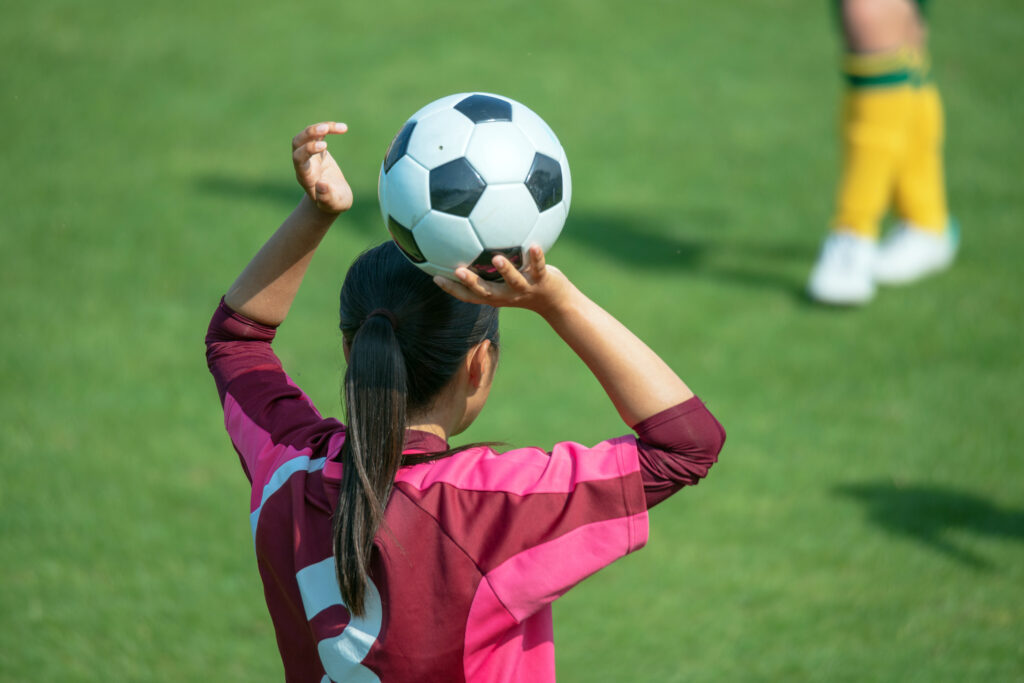Concussion education
Concussion education can help improve athletes’ concussion knowledge and attitude towards reporting a suspected concussion to a coach or other adult. Research shows that concussion education may be particularly effective when delivered in more than one way, for example, through a video and a team presentation. When planning concussion education for your team or organization,…
Knowledge of REDs among female endurance athletes
Female endurance athletes have an increased risk of relative energy deficiency syndrome (REDs). Female cross-country runners have the highest incidence of stress fractures of all collegiate sports. Research regarding athlete, coach, and athletic trainer awareness of REDs showed that while athletic trainers have the most knowledge of the syndrome, athletes have the least. This suggests…
Sport research and practice
Sport and physical activity research can get stuck sitting in the pages of academic journals. Integrated knowledge translation is one way to make sure that doesn’t happen! Integrated knowledge translation involves meaningful collaboration between researchers and knowledge users to help bridge the gap between research and practice.
Effective sport governance
To govern effectively, a board must become more knowledgeable about its members and stakeholders and understand their values and priorities. Only after focusing on this primary relationship can the board lead. A steward-leadership approach can help sport organization boards to provide vision and direction for the organization while enabling staff to apply their expertise, exercise…
Enhancing role clarity
Research on role clarity highlights 4 characteristics that help to identify how well athletes understand their roles on a team. Coaches can help athletes to understand their role by ensuring they know (1) the scope of their responsibilities, (2) the necessary behaviours to fulfil their role, (3) how coaches will evaluate role performance, and (4) the…
Air pollution safety in outdoor sports
Sport participants are at greater risk from air pollution, as they are often breathing hard and through their mouths, bypassing the nose’s natural filtration system. Air pollution in the short term can cause asthma flare ups, and in the long-term can increase one’s risk of serious conditions like lung cancer. To protect themselves, sport participants…
Tim Elcombe ( telcombe@wlu.ca ) @ 12/13/2022 10:14 am
Sport research and practice
Sport and physical activity research can get stuck sitting in the pages of academic journals. Integrated knowledge translation is one way to make sure that doesn’t happen! Integrated knowledge translation involves meaningful collaboration between researchers and knowledge users to help bridge the gap between research and practice.
Teamwork in board leadership
Boards in sport organizations can improve their effectiveness by functioning as a team of equals. The importance of teamwork is easily appreciated in sport. For effective teamwork, individual board members need to recognize that their authority exists only as a group, with the board chair serving as the steward-leader to the board.
How you communicate affects if you’re viewed as inclusive

To mark World Inclusion Day (October 10, 2022), SIRC wanted to focus on information about inclusive communications in sport. This blog post emphasizes why sport administrators, sport organizations and coaches should improve how inclusive they are, specifically in all the ways they communicate. It also highlights ways to check communications to make everyone in their…